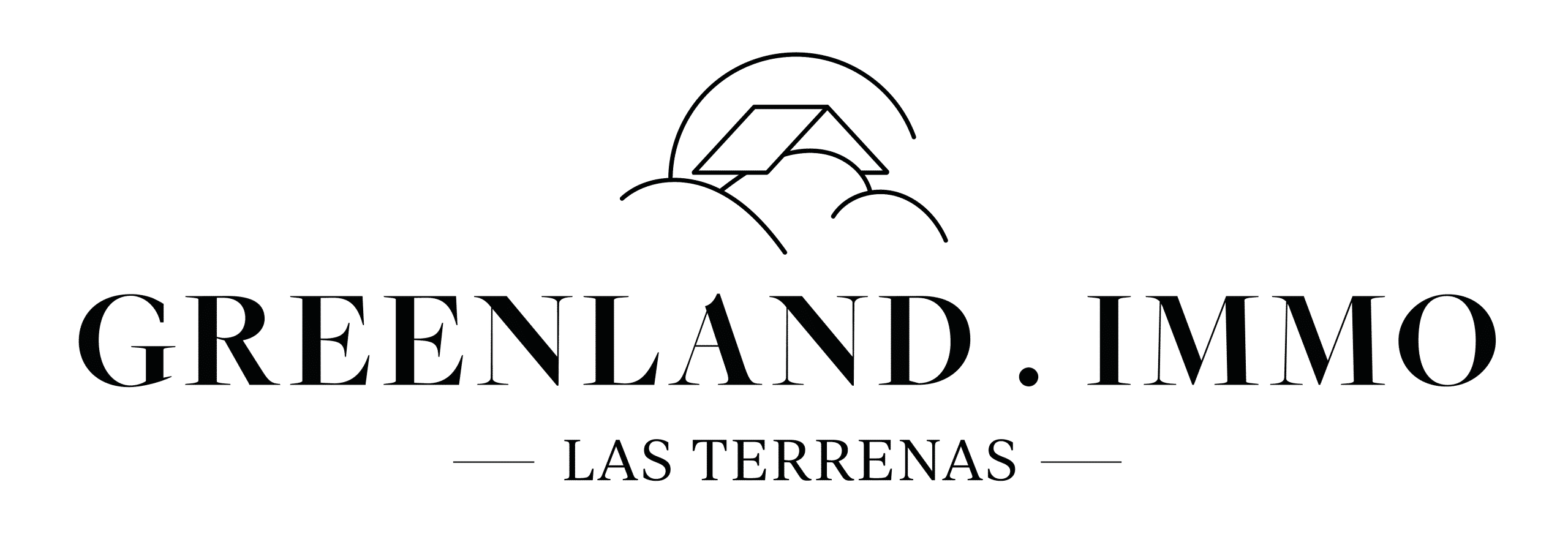Real estate laws in the Dominican Republic
Investing in the Dominican Republic can seem daunting at first. Here we have summarised the main steps you need to know in the acquisition process.
PURCHASE OF A PROPERTY IN THE DOMINICAN REPUBLIC
Introduction
Real estate purchases in the Dominican Republic do not follow the American model of an agreement without prior legal advice. Indeed, after verbal agreement between seller and buyer, a lawyer or notary draws up a promise to sell signed by the parties.
Depending on the wishes of the parties, the real estate law firm in charge will have to carry out the necessary verifications before preparing the promise to sell.
The buyer then makes a deposit, paying a down payment to the seller or a third party, and the seller undertakes to sell the property in accordance with the conditions set out in the promise of sale.
The parties sign the promise in the presence of the notary.
Verifications required
- Investigation of the legal status of the building
- Verification of the exact geographical location by a surveyor
- Verification of the possibility of use and transfer of the building
- Investigation of the state of the environment of the property
- Verification of the seller’s ability and capacity to sell the property
Afterwards, the parties sign the final sales contract before the notary.
This contract is then deposited at the office of the Directorate General of Internal Taxes (DGII). The DGII checks that the seller is up to date with his tax obligations and assesses the amount of the transfer tax (3% of the tax value of the property). The DGII then files the final sales contract and the certificate of title with the Registry of Titles. Once the purchase is registered in the Registry of Titles, the agency issues a new certificate in the name of the buyer. The buyer thus becomes the owner of the property.
Property tax (IPI)
Properties owned by individuals are subject to IPI at a rate of 1% per annum on the accumulated value of the property.
For land with construction, 1% is calculated on its value above 7,138,384 pesos (approximately USD 120,000), a figure that is updated every year.
For land without construction, 1% is calculated on the value of the property without the exemption.
In conclusion, investing in the Dominican Republic is largely favoured thanks to reduced bureaucratic procedures. The country has created a highly receptive environment for foreign investors. The Dominican Republic is therefore the country with the highest rate of foreign investment in the region.
Do you have questions ?
https://www.grindleyimmo.com/contact/#formulaire
More on this subject :





